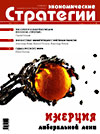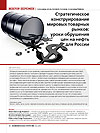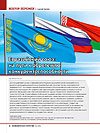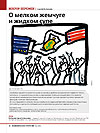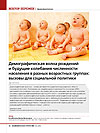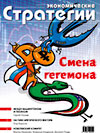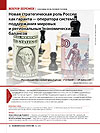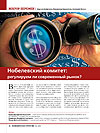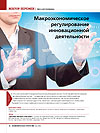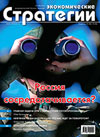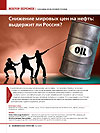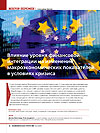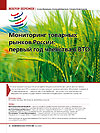Strategic Designing of World Commodity Markets: Lessons of Oil Prices Collapse for Russia
Operational result of the strategy being executed by political-economic US clans, which brought to power the current US President Barack Obama and keep under control the majority of European countries political leaders, influence the world economy future and the Russian economy in 2015–2016, is manipulative handling of world oil prices. This strategy is designed to create new economic and political balance of powers in the global arena through trying to expropriate the accumulated financial-economic resources of a number of oil-exporting countries and to focus the short- and medium-term trend of stimulating antirecessionary economic development of the West developed countries, based on increasing natural and industrial resources exploitation, especially Russia, on nonequivalent economic compensation for supplied energy resources. At the same time there is an attempt to unhinge” those political regimes, including Russia, which the West doesn’t like. Russia should draw up adequate conclusions from the current situation, they should form the basis for the national economic sovereignty policy in the ХХI century.


